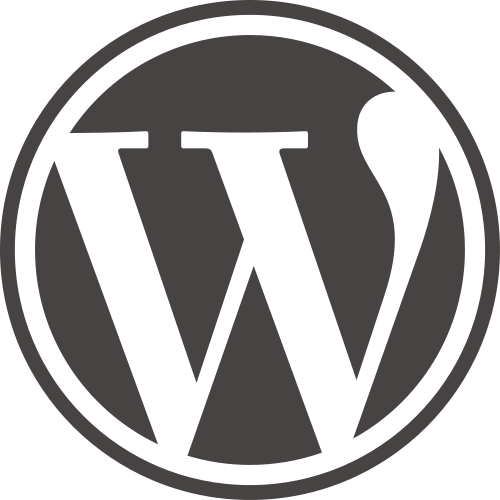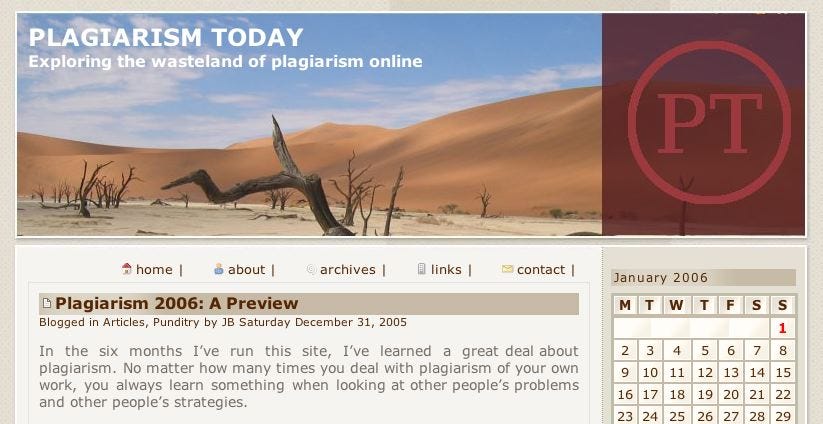WordPress is at a Crossroads – Noteworthy – The Journal Blog

I’ve been a WordPress user for nearly 14 years. I’ve watched as it has grown from a plucky little blogging platform struggling to compete with MovableType to become the dominant content management system (CMS) on the internet.
WordPress is my life. It is where I do most of my writing, the platform that runs my business and I owe much of my success to it. And I’m not alone…
Currently, WordPress powers some 30% of all sites on the internet, including at least a dozen of mine, and it sits at the center of a potential one billion dollar economy.
However, in 2018 WordPress finds itself at a crossroads. The little platform that could now faces a new threat and it’s not a competitor, but rather, an ideology. WordPress is fighting for the soul of the internet and it is slowly losing.
If WordPress is to ensure the next decade is as successful as the previous, it needs to make some drastic changes but its own success may make those changes impossible.
Rolling Back the Clock

In 2005 I had a random idea to create a website about plagiarism and copyright on the internet. It was a lark. I was broke, currently between steady employment, and I didn’t want to invest much time into it lest I find it failed.
By then I’d been dabbling with WordPress for a while and decided it was the perfect platform. Easy to set up, free themes and all of the tools I needed, it was the perfect platform for starting what should have been a doomed project.
But that project wasn’t doomed. 13 years later it’s still going strong. In fact, just a few years after launch it became my full time job and has been my primary source of income for the past decade.
Did I launch the second YouTube and collect a billion-dollar payday? No. But I made a business and a site I’m proud of and one that has kept a roof over my head for years.
Still, in 2005 WordPress was the perfect choice for creating such a site. The setup was easy, especially if you already had a server and everything was free (both in terms of beer and freedom). I risked nothing by getting started.
But this raised a question: Is WordPress still the best choice for such larks in 2018? The answer, unfortunately, is no. It hasn’t been for some time.
Have an idea for a blog but don’t have a site? Medium or Tumblr are much easier platforms to start with and both come with a built-in audience. Need a business site? Wix or Squarespace can get you started much more easily than WordPress and won’t cost you much more than a regular hosting account.
WordPress developers will roll their eyes at these sites and bemoan the lack of control or customization. However, for people just starting out, that level of control simply raises the difficulty curve. If all you’ve ever done is post on Facebook and Twitter, the leap between social media and self-hosted WordPress is huge and there are many viable alternatives in that gap.
To be fair, WordPress.com is one of those alternatives and it is of a good size. However, its cache has never been as large as Tumblr’s and many members of the WordPress community actively speak ill of it, calling it a limited platform that isn’t for “serious” users.
None of this might not seem like a problem for WordPress, after all, it has a huge niche carved out for itself. But what happens when a platform stops attracting new and novice users? That platform starts to slowly melt.
A Victim of Its Own Success
One of the themes of WordPress in 2018 is that its a victim of its own success.
When I first started back in 2004–2005, there was no real WordPress economy. There were no paid themes, plugins, etc. and only a handful of people working as WordPress developers. Most of those, truth be told, probably worked for Automattic.
However, in 2018, such plugins and themes are everywhere. While there are still great themes and plugins to be found for free, one has to actively look for them. Compare that with freemium plugins and themes, including ones that appear in the official repositories, you can expect that getting the site you want is going to cost at least some money.
This, to be clear, is NOT a bad thing. Talented people deserve to get paid for their work. I paid for the themes I use on my two main sites and I’ve paid for at least four or five plugins. I have no issue with that.
However, me in 2005 certainly would have.
If I’m launching a website as a lark and using a platform that emphasized customization, why would I agree to spend hundreds of dollars getting it the way I want?
I could take that same money and set up a Squarespace account. That way I would not only get all of the tools and customization I need (including access to their theme library) but I would not be responsible for securing and maintaining my own CMS.
Once I start on Squarespace, why would I leave? What would be the pain point that would make me go through the trouble and expensive of moving to WordPress? If Squarespace was adequate when I started, there probably wouldn’t be one.
Simply put, if you’re not a professional developer, once you learn a platform you tend to stick with it (much as I have done with WordPress) and people are increasingly not starting out with WordPress.
Enter Gutenberg
I’m not the only one realizing these problem. Automattic and the developers of the WordPress core have realized it too.
This is why in June 2017 WordPress announced that it was working on a new primary editor for the platform. Entitled Gutenberg, it’s a visual editor meant to emulate how Medium, Tumblr and similar services work.
The goal was to eliminate a major pain point for new users. Though the current visual editor in WordPress eliminates the need to write any code, it still requires some design know-how to make posts look attractive. Gutenberg, however, aimed to make it possible to do more complicated posts with attractive and easy-to-read layouts.
However, the reception has not been great. As of this writing, the plugin has 2.5 stars in the official repository and some 563 one star votes to 239 five star votes.
The main concern has been with how the new editor breaks established sites. While WordPress developers have promised a plugin to let users maintain their current editor if they choose, many sites don’t wish to or can’t run plugins.
This is a serious issue for WordPress. It’s become so crucial to the core infrastructure of the internet that even the smallest change can wreak havoc. A major one, such as changing the default editor, may not be practical at all.
However, this change is an important one for the longevity of WordPress. Though Gutenberg won’t win over Tumblr users or Medium users, creating parity in this area may help convince some new developers to put their faith in the old stalwart.
WordPress has to do something to compete. But anything they do risks alienating their current audience, putting their future at odds with their present.
A Changing Internet
To be clear, none of this is WordPress’ fault. The internet has changed immeasurably since 2004. Where once we championed an open internet where everyone could build a homestead, now we’re more comfortable with putting our content in closed silos.
Facebook, YouTube & Twitter may not compete directly with WordPress, but they represent a different ideology and it’s an ideological war that WordPress is losing.
Simply put, a self-hosted WordPress experience can not provide an easier and cheaper alternative to the walled gardens of Medium, Tumblr, Shopify, etc. Those who are getting their start today are likely going to take a different path.
One of my jobs in doing copyright work is filing copyright notices against sites that copied marketing material from my clients. These are normally new companies that maybe didn’t know better when they were setting up their site.
Five years ago, these sites were mostly self-hosted WordPress affairs, usually on GoDaddy, Bluehost, Hostgator, etc. Today, the majority are on Wix, Weebly or a similar platform.
While I’m sure that the WordPress community won’t lose sleep over the fact plagiarists no longer favor their service, the problem is the many legitimate upstarts don’t either.
That is the challenge WordPress is facing and the challenge it may tear itself apart because of.
Bottom Line
Many of you might have noticed that I published this on Medium.
It’s not an article appropriate for any of my other existing WordPress sites and the alternative publishing here was to literally go through the headache of setting up a whole new website, including obtaining a domain.
The purpose of publishing this on Medium wasn’t to get an extra dig in. It was a choice out of expediency.
In fact, I hope none of this is offensive to WordPress users or developers. I love WordPress and want it to succeed. I simply observe some intractable challenges on the horizon.
When I finish this I’ll go back to writing on my WordPress sites, just as I always do.
However, I worry that it might not be the normal for those learning to build websites now. If someone came to me and asked what platform they should use for their new site, there’s only a couple of situations were WordPress would be my first choice.
That’s not the way it was 14 years ago. WordPress may have grown, but its niche when it comes to new developers has definitely gotten a good deal smaller.
More where this came from
This story is published in Noteworthy, where thousands come every day to learn about the people & ideas shaping the products we love.
Follow our publication to see more product & design stories featured by the Journal team.
